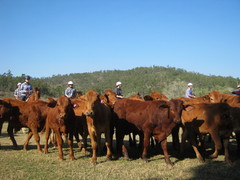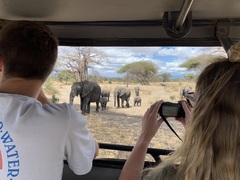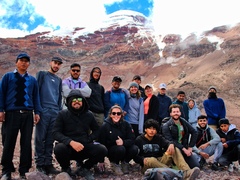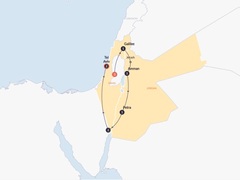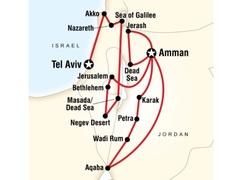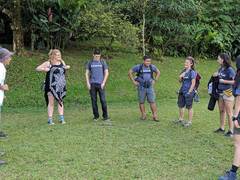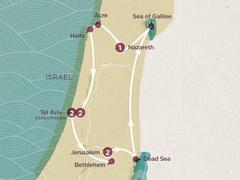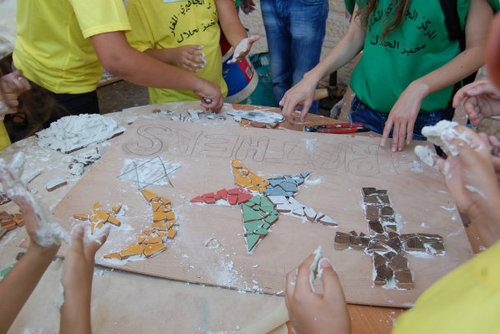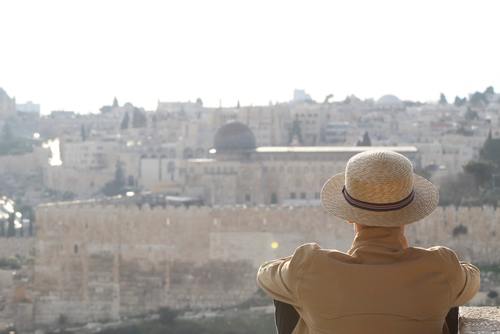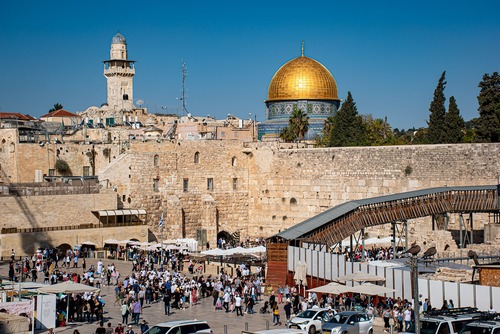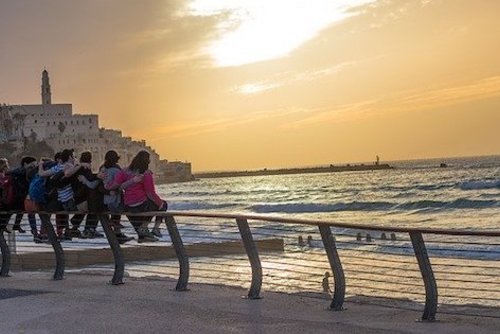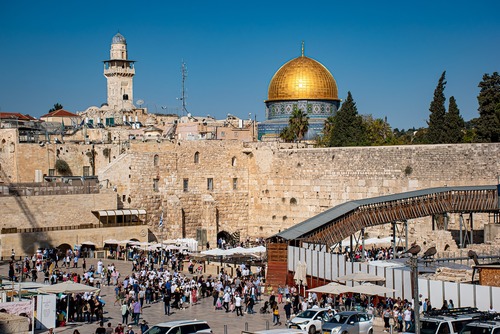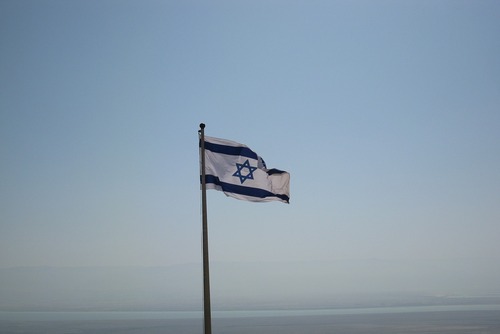While staying at Hava and Adam, groups will experience a self-supporting, multidisciplinary way of life. This includes gratifying manual labor, exponential personal and social growth, and acquiring the tools needed to thrive in a self-sustainable way.
Eco-Israel offers English-speaking young adults from all over the world, ages 18-30, a 5-month program in permaculture and sustainable living.
Our Programs
Our semester programs offers students a more in-depth and all-encompassing experience of permaculture, sustainability, communal living, Israel and Jewish peoplehood. Students in our semester program receive an internationally recognized certificate in permaculture design (PDC). The extended length of the program allows us to broaden our curriculum to include more hands-on opportunities and additional coursework.
Way Of Living
We believe that exploring ecology, sustainability and permaculture by studying a website or hearing a lecture is not enough. Sure, one can learn a lot about composting and the benefits of using a compost toilet from a book. However, actually using one for several weeks or even months results in an experiential shift in one’s understanding that renders using a “conventional” flush toilet a surreal experience.
This sort of consciousness shift can only occur by doing- that is, by living a truly sustainable lifestyle first-hand. With this in mind, Eco-Israel on the Hava& Adam Farm takes our cues from nature, and teaches via this very simple principle- learning by doing.
The vision and driving force of our curriculum is sustainable living through a balance of classroom coursework and hands-on fieldwork. Permaculture provides an exquisite framework and guide as we embark on the journey to sustainability. Permaculture is a model of design that is inspired and mimics nature’s ways and patterns. It is at the center of our curriculum and informs all aspects of our work on the farm.
Permaculture Design Course:
Who is more sustainable than Mother Earth? By observing the ways and patterns ound in nature, we can design systems that are inspired by and mimic natural systems thereby achieving not only sustainability but abundance and plentitude. Permaculture and other models of sustainable living all involve a reunion with Mother Earth and her cyclical, super-efficient ways.
The course offers certification upon completion. We cover the ethics and principles of permaculture and several design methods such as zone & sector analysis, component analysis and more. Classes are devoted specifically to observation, soil, water, gardening, sustainable gardening & farming, composting, green & natural building, social permaculture, sustainable economics and urban sustainability. There are several design projects throughout the semester done individually or in small groups.
The Land & the People:
One of the design methods of permaculture, component analysis is sometimes referred to as the art of location. In this course, we explore what it means to be studying permaculture in Israel. We learn about the history of the Jewish people in the Land of Israel from ancient times to present day Israel.
We cover current events and explore Jewish identity and the significance of Israel and Judaism from a personal, societal and international perspective.We have the opportunity to develop a deep, personal, land-based relationship with the Land of Israel, its diverse cultures, and inspiring landscapes. Working the land is done in tune with the seasonal flow and holiday celebrations of the agricultural Hebrew calendar.
We experience and engage with the Bible and Jewish agricultural precepts in relevant, hands-on ways. Experiencing the land of Israel through an ecological lens strengthens our connection to Jewish peoplehood and Israel.
Medicinal Herbs, Natural Building, Hebrew and more:
The rest of the curriculum is divided into several less intensive classes. We spend time learning about useful herbs and plants that can be made into therapeutic teas. We learn how to make soaps, salves, creams and other useful products from natural materials that are grown on the farm. We also learn how to extract essential oils for therapeutic uses, or to use in making products.
During themud building course, we learn about several natural building methods. Wehave many opportunities to get our hands dirty building with mud. We also have a chance to work in the masgeria(workshop) to build things like furniture and structures.
Hebrew is taught in small groups divided into different levels. Classes are supported by additional opportunities to engage with the Israelis who live and work on the farm.
Field Trips:
As part of the Eco-Israel curriculum, we travel, hike and explore Israel from the Negev Desert to the Golan. These trips cover a variety of ecological, cultural and historical points of interest in Israel and introduce our students to the amazing work and organizations that make Israel a world leader in sustainability.


